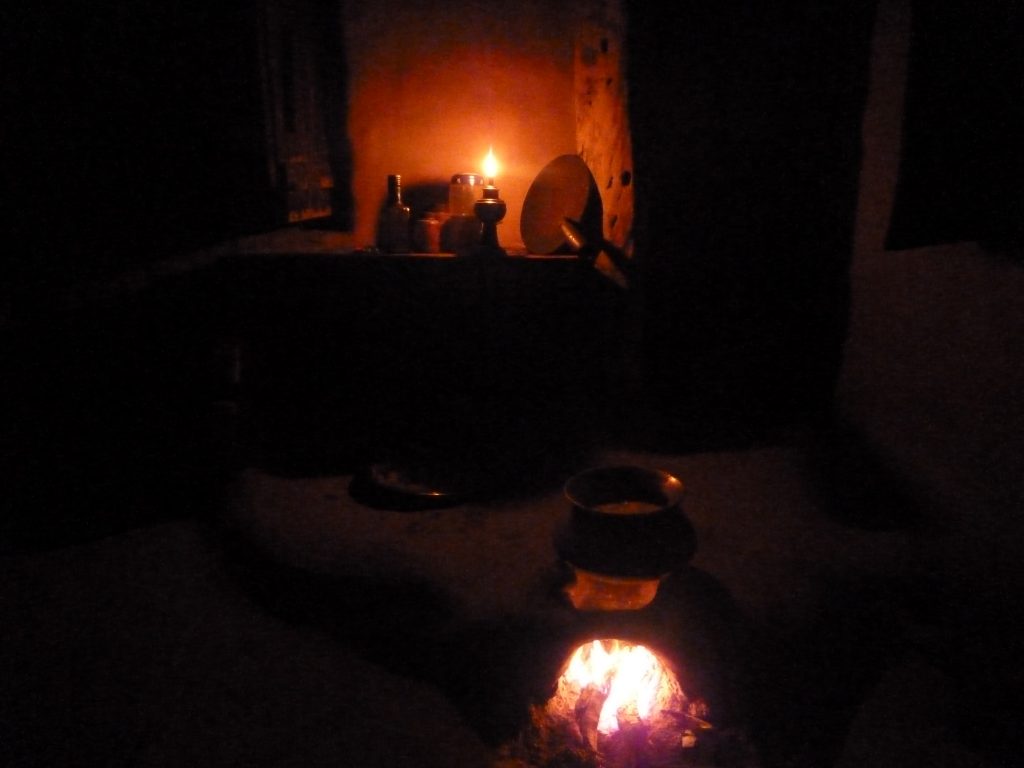Back to the future?

Terry Marsden is Director of the Sustainable Places Research Institute, and Professor of Environmental Policy and Planning, Cardiff University.

Kevin Morgan is Professor of Government and Development, Cardiff University
The historical ability for the UK state to periodically create self-inflicted harm upon its own food system seems to be raising its head again as the country triggers Article 50 to remove itself from the European Union. We should remember that the repeal of the Corn Laws in the 1840s, opening up the UK to cheap food imports (based indeed on subsidised imperial preferences to its colonies), in exchange for colonial penetration of its financial and manufacturing interests and sectors, created the conditions for a long- running agricultural and rural depression in the UK, lasting well into the 1930s. That Imperial regime of ‘free trade’ created much harm to the British food system, its rural areas, and indeed shaped a dependent food diet based upon imports from colonies and other European nations (like Danish Bacon and Dutch eggs and pork). What is ironically labelled as the ‘full English’ breakfast up and down the land derives from the successful import penetration of its component parts from overseas. The decline in our food-based infrastructure was so bad that, by the onset of the 1st World War, Lloyd George had to go ‘cap in hand’ to the likes of Henry Ford to plead concessions on building his tractors on these shores in order to resolve food and rural labour shortages. Even by 1941 the national farm survey found the agricultural situation in a parlous state, even before the U-boat campaign further disrupted food supplies and led to a period of prolonged public food rationing until 1954. Continue reading









![By Map by Robert Simmon, based on data from Woods Hole Research Center. (http://visibleearth.nasa.gov/view.php?id=76697) [Public domain], via Wikimedia Commons](https://policybristol.blogs.bris.ac.uk/files/2016/11/Aboveground_Woody_Biomass_in_the_United_States_2011.jpg)





